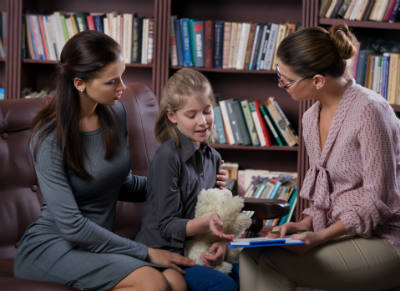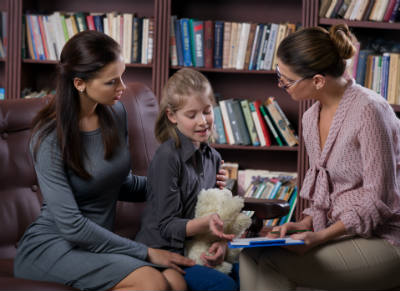“I believe wholeheartedly that a child’s academic success is greatly enhanced when teachers and parents are partners in the process.” (Scholastic.com)
“The experts have been polled, and the results are in: a positive parent-teacher relationship contributes to your child’s school success.” (PBS.org)
Strong parent-teacher relationships are crucial because, when parents and teachers partner together, children are more likely to find success in school. Positive relationships allow children to see that the most important people in their lives are working together to help them – and the key to successful relationships between parents and teachers is quality communication.
Parents need to know what their children are learning in school, while teachers need information about how the parents are perceiving their children’s development, both academically and socially. To help, PBS.org offers tips on building the type of relationship that fosters quality communication.
First, approach this situation with respect to create a “problem-solving partnership.” Brainstorm. Collaborate. Don’t confront. Allow your child to form his or her own relationship with the teacher, too, which sometimes means taking a backseat in its development so that this bond forms.
Tempting as it may be, try not to brag about your child to his or her teacher. This may inadvertently send the message that you don’t think the teacher is good enough for your child. Finally, leave your own baggage at the door if you’ve had negative experiences with teachers in your own developmental years. Always remember that this is about your child, not about you.
Parent-Teacher Conferences
These are important touchpoints and Parenting.com offers tips on making them as fruitful as possible:
- Prepare for the conference. You won’t have unlimited time, so jot down important questions, such as class expectations, your teacher’s assessment of your child’s social/emotional development, important grade-level milestones, how you can support your child and more. The Parenting.com blog post lists additional questions to consider.
- Be patient, within reason. Your child may be dealing with challenges that can’t have instant resolution. Give your child’s teacher time to consult with others and create a plan of action. That said, if too much time passes and you don’t see improvements, ask to meet with the school’s principal.
- Continue communicating with the teacher after the conference. Continue to share observations and give feedback. If possible, volunteer for class trips, school events or in other ways your child’s teacher finds helpful. This way, you’ll get “extra opportunity for interaction” that “will help you catch up on how your child is doing in school.”
Teacher’s Viewpoint
It can be helpful to see the parent teacher communication process from the perspective of the teacher, and the Scholastic.com article quoted at the start of this blog post does exactly that. A teacher shares nine ways she builds solid relationships with parents, beginning with school registration time when she welcomes parents and students.
We recommend that you read the entire article for more parent-teacher communication strategies, and we’ll highlight one section here: how communication via technology can help with your child’s success in school when parents and teachers are busy. Does your child’s teacher send email updates? Is there a parent portal where you can access your child’s grades? Is there a website that provides information about school events and more? If these resources are available, do your best to take advantage of them. If you have questions about how they work, don’t be afraid to ask! You aren’t the only one who will need guidance on how to use them to their fullest. If you don’t have Internet at home, find a library and/or community center where you can check in. Your child will benefit.




